Past Participle: Definition and Examples
Por um escritor misterioso
Last updated 24 fevereiro 2025
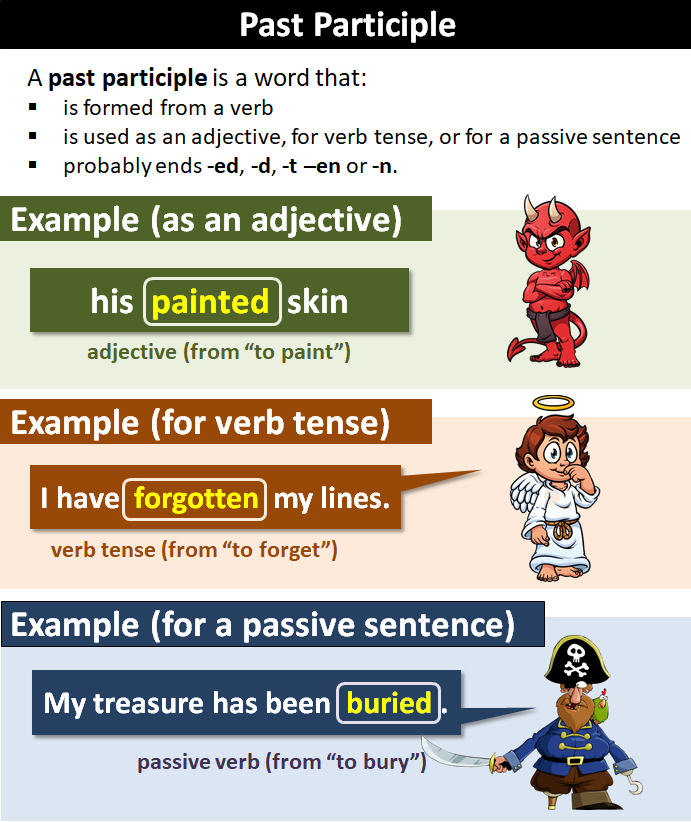
A past participle is a word formed from a verb that can be used as an adjective or to form verb tense. Most past participles end -ed, -d, -t, -en, or -n.
A past participle is a word that can be used as an adjective or to form verb tense. Most past participles end -ed, -d, -t, -en, or -n.
A past participle is a word that can be used as an adjective or to form verb tense. Most past participles end -ed, -d, -t, -en, or -n.

Participle Phrases on the GMAT - Magoosh Blog — GMAT® Exam

Regular and Irregular Verb Examples, What is an Irregular Verb?

Difference between GERUNDS and PARTICIPLES: rules, examples, tips, and difference
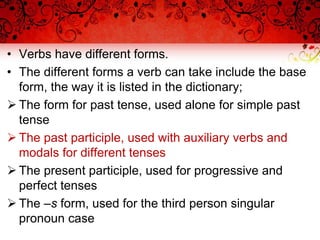
Past participle (regular and irregular verbs)

What are Past Participle Verbs? An Informational Wiki

How to Identify Participles and What They Modify, English
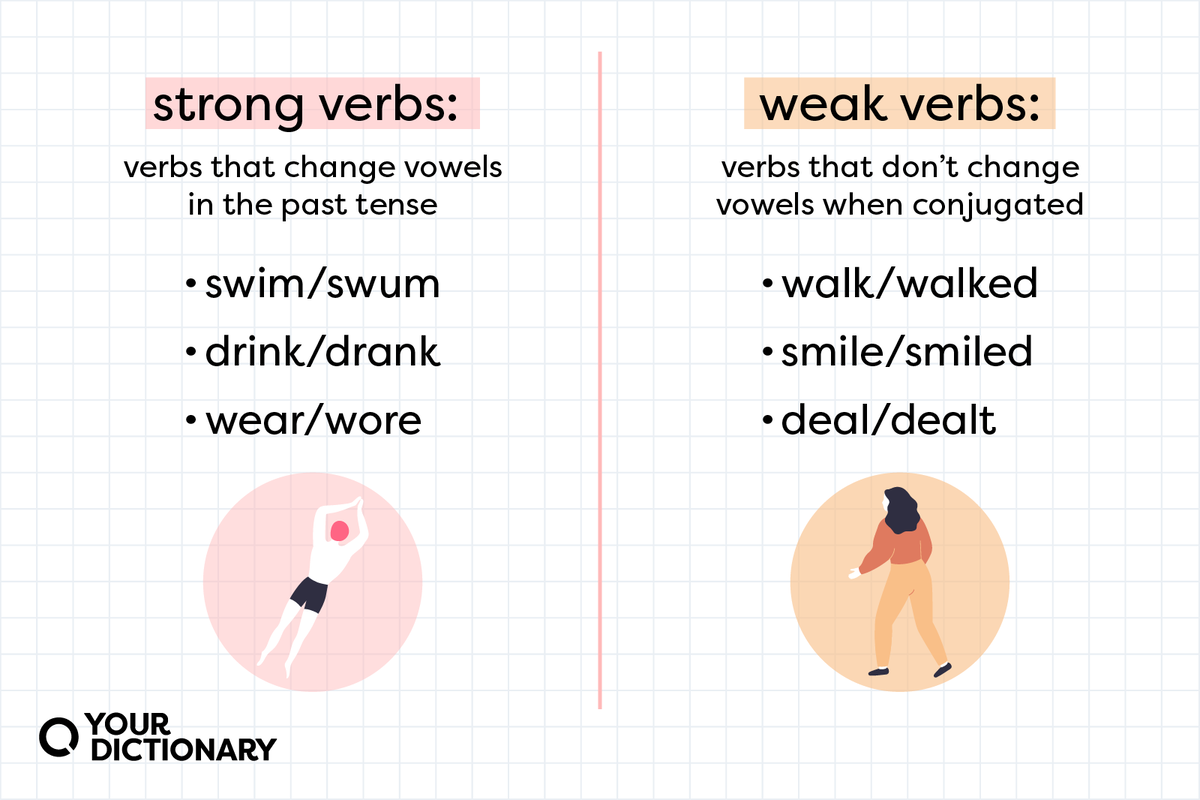
Strong Verbs vs. Weak Verbs: Comparing the Differences
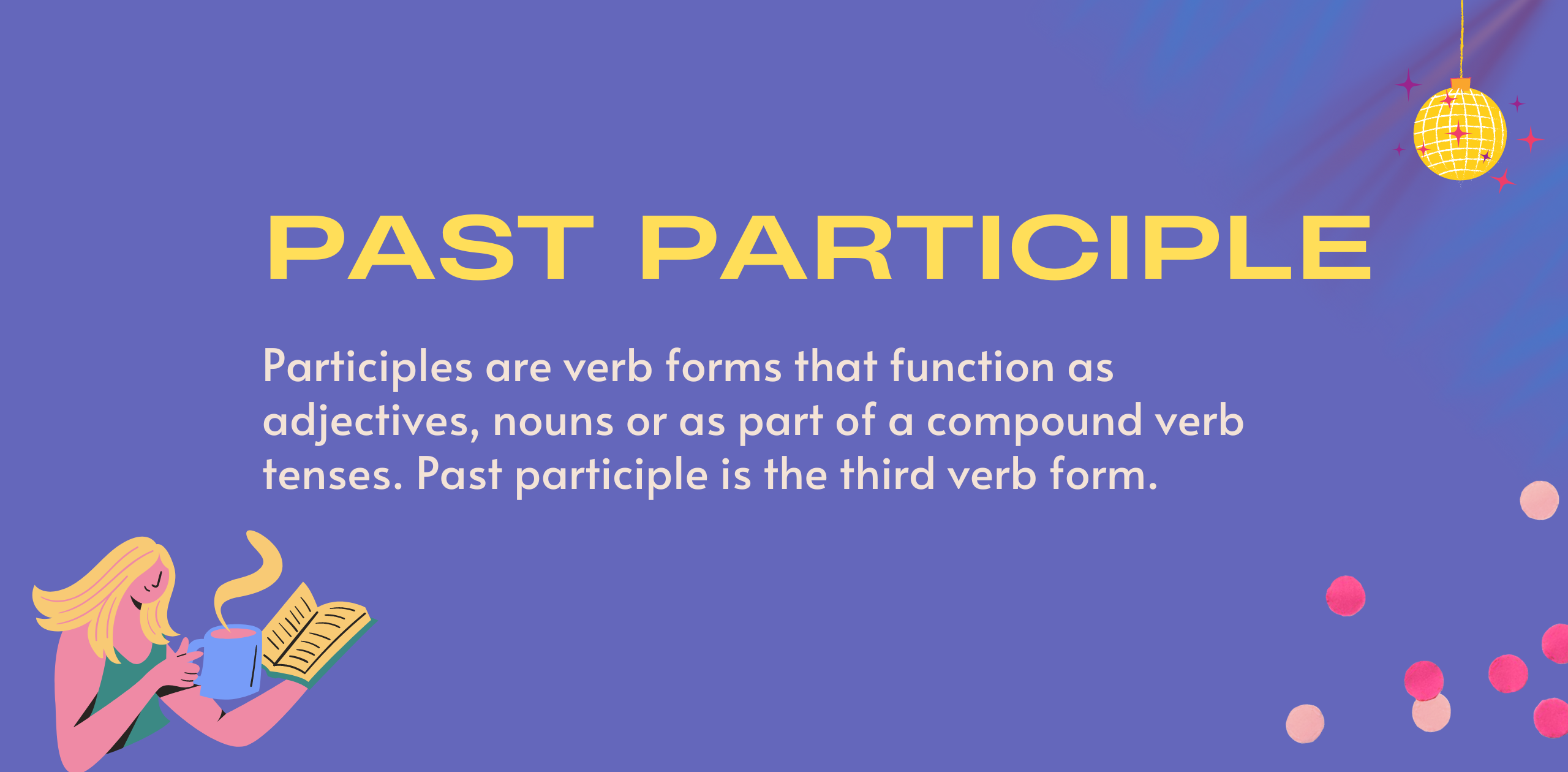
Past Participle in English: Regular and Irregular Verbs
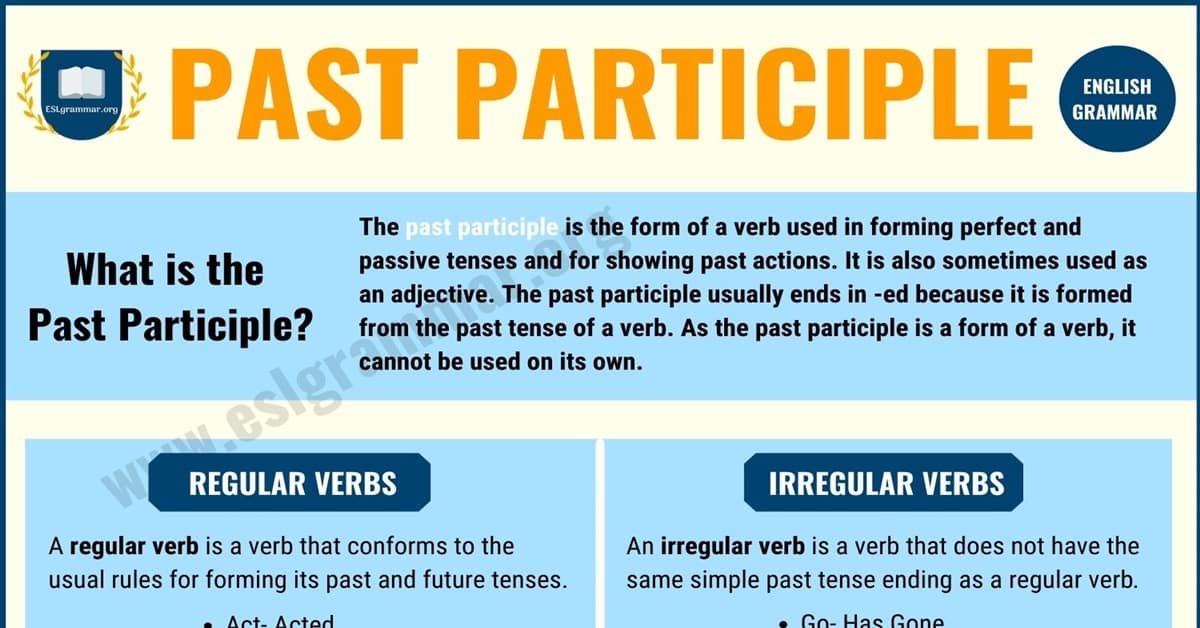
Past Participle Meanings and Different Forms of Past Participles - ESL Grammar

Should Have (Should've) + Past Participle - TED IELTS

What is the Difference Between Past Tense and Past Participle
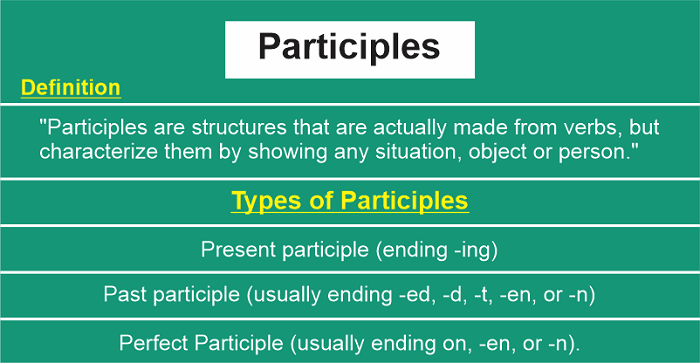
Participle: Definition and Examples - Javatpoint

What is the Difference Between Past Tense and Past Participle
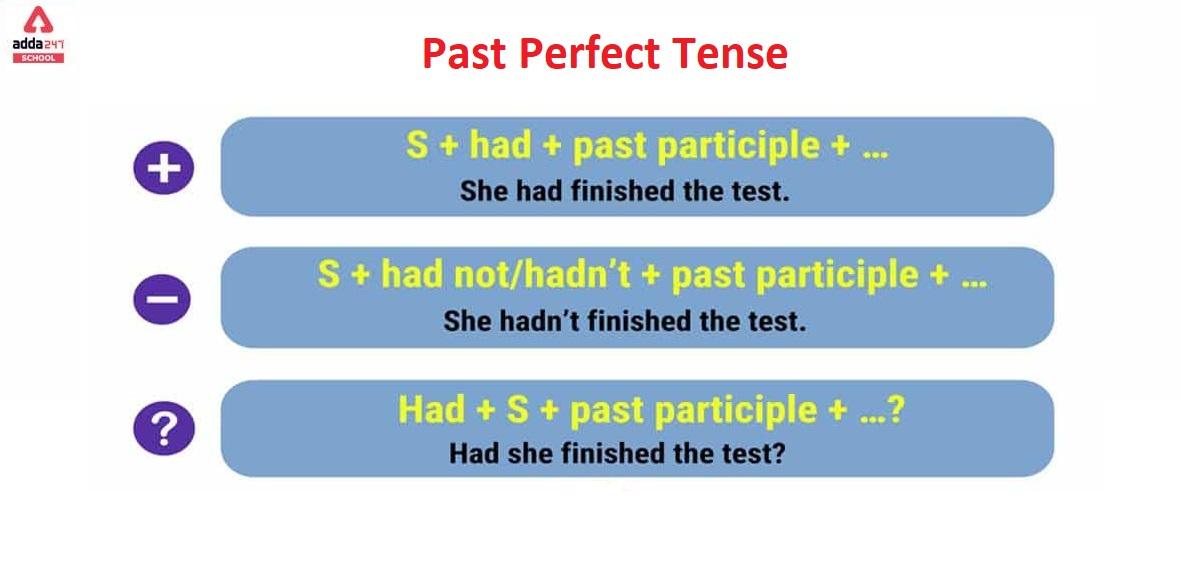
Past Perfect Tense, Examples, Formula, Rules, Structure, Exercise



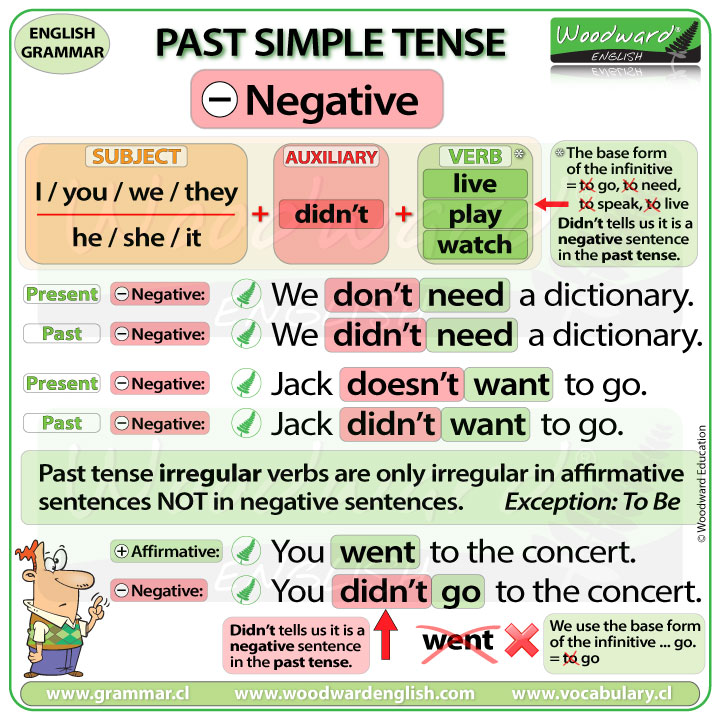


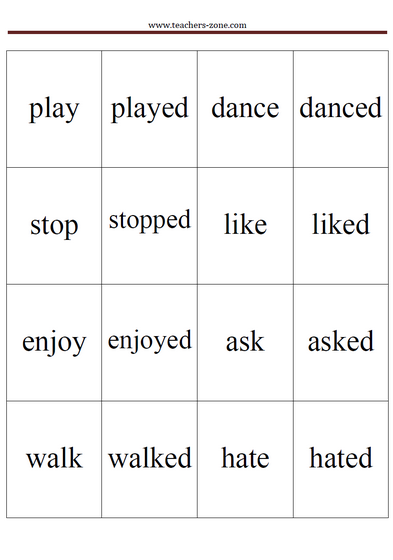
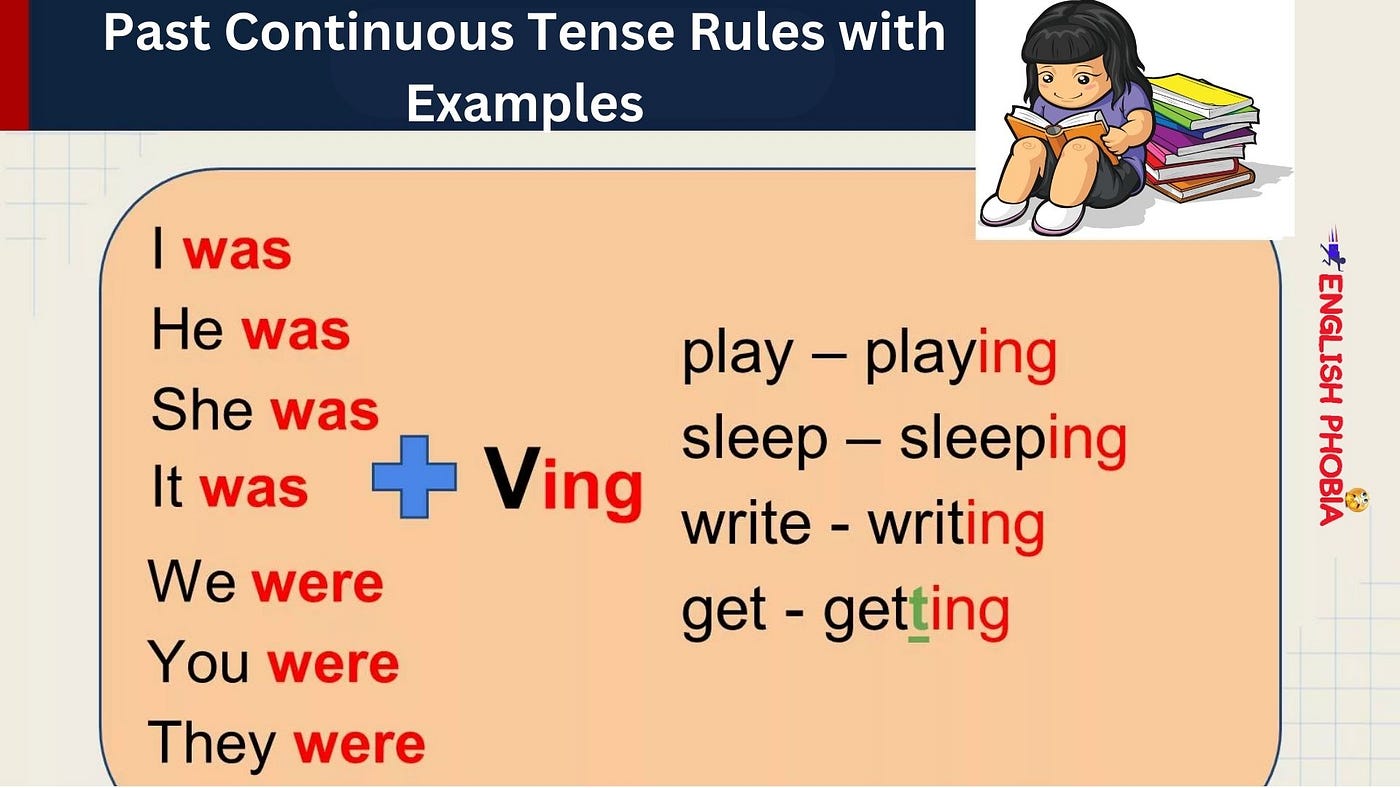





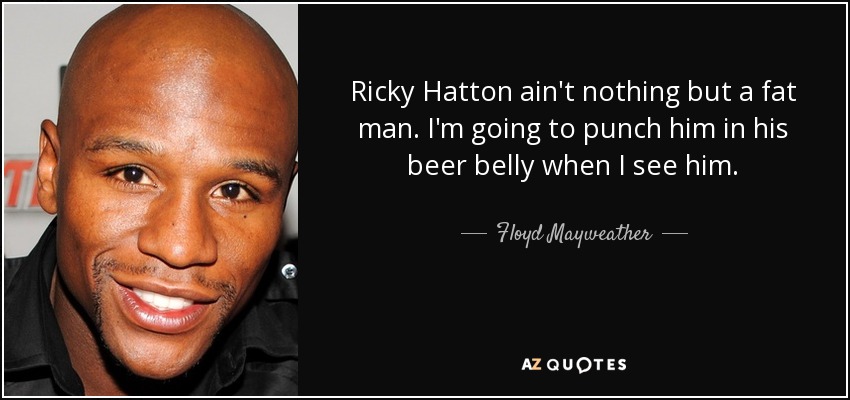


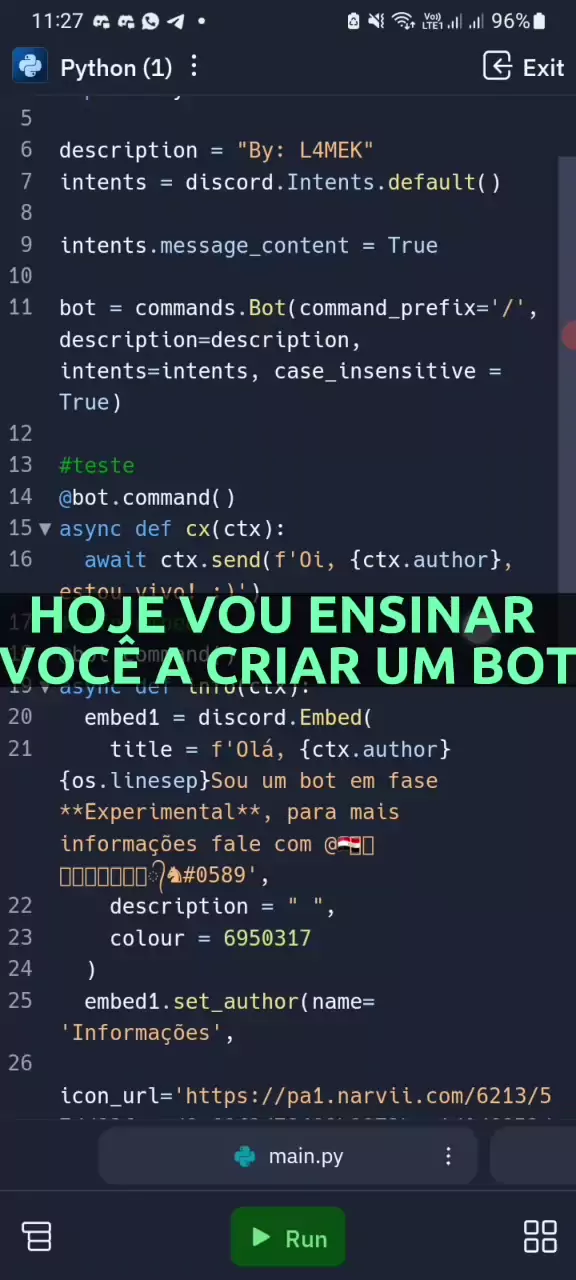

![Redfall [ Launch Edition STEELBOOK ] (XBOX SERIES X) NEW](https://i.ebayimg.com/images/g/C9sAAOSwWrJlYFAi/s-l1200.webp)
